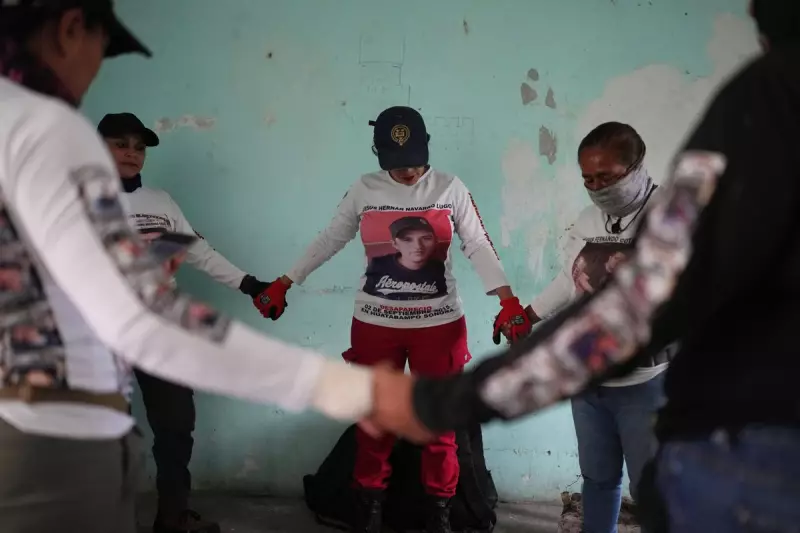
In a development that has sent shockwaves through international football security circles, the notorious Jalisco New Generation Cartel (CJNG) has issued a brazen threat directly targeting the upcoming 2026 World Cup.
The chilling warning emerged through a series of professionally produced videos circulated on social media platforms, showing armed cartel members in tactical gear patrolling areas around Guadalajara's Akron Stadium - one of the designated venues for the prestigious tournament.
The Cartel's Ominous Message
One particularly disturbing video features a convoy of CJNG vehicles driving past the stadium while a narrator delivers an ominous message: "We know who you are, where you are, and who you're with." The psychological warfare tactic appears designed to intimidate both authorities and potential visitors to the region.
Security analysts have expressed grave concerns about the cartel's sophisticated propaganda machine and their apparent confidence in operating openly near World Cup infrastructure. The videos represent an unprecedented direct challenge to Mexican authorities during a period of intense international scrutiny.
Security Implications for World Cup 2026
The timing of these threats couldn't be more concerning for tournament organisers. With Guadalajara scheduled to host multiple matches during the North American-hosted World Cup, security preparations have taken on new urgency.
Mexican security forces now face the dual challenge of preparing for the massive logistical operation required for a global sporting event while simultaneously combating one of Mexico's most powerful and violent criminal organisations.
International security experts monitoring the situation note that the CJNG has demonstrated both the capability and willingness to engage in large-scale violence, making their public declarations more than mere bluster.
Government Response and Future Concerns
While Mexican authorities have assured FIFA and international partners that adequate security measures will be in place, these recent developments have raised uncomfortable questions about the feasibility of guaranteeing safety in cartel-influenced regions.
The situation presents a complex dilemma for tournament organisers, who must balance the celebration of football against the harsh realities of Mexico's ongoing security challenges. With two years remaining until the tournament begins, the pressure is mounting to develop comprehensive security strategies that can effectively counter this unprecedented threat.





